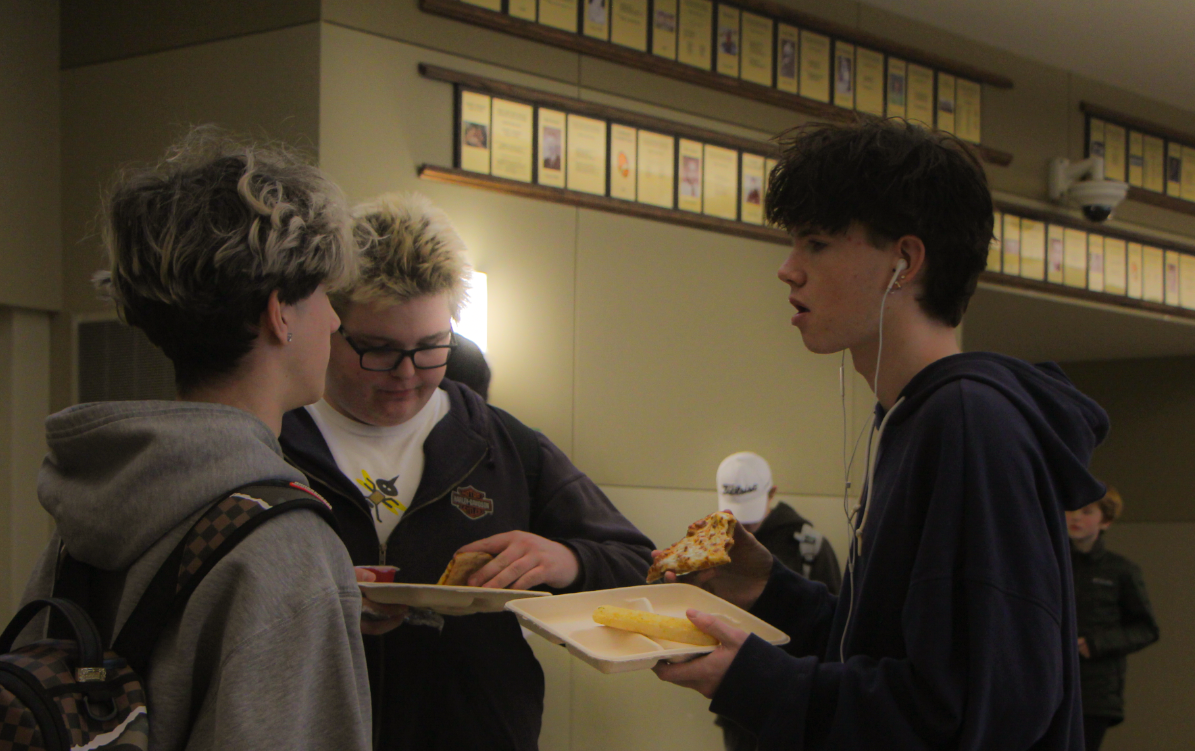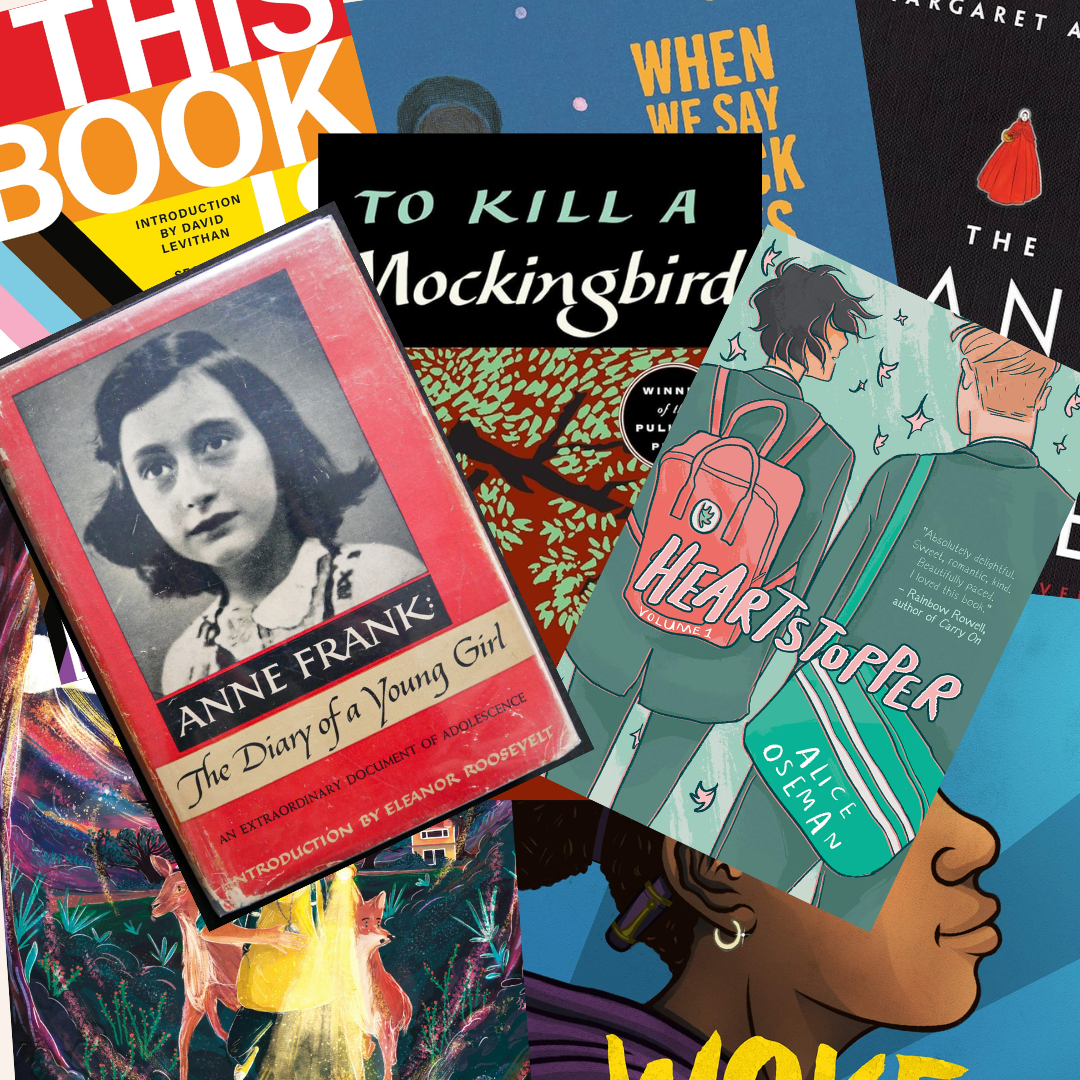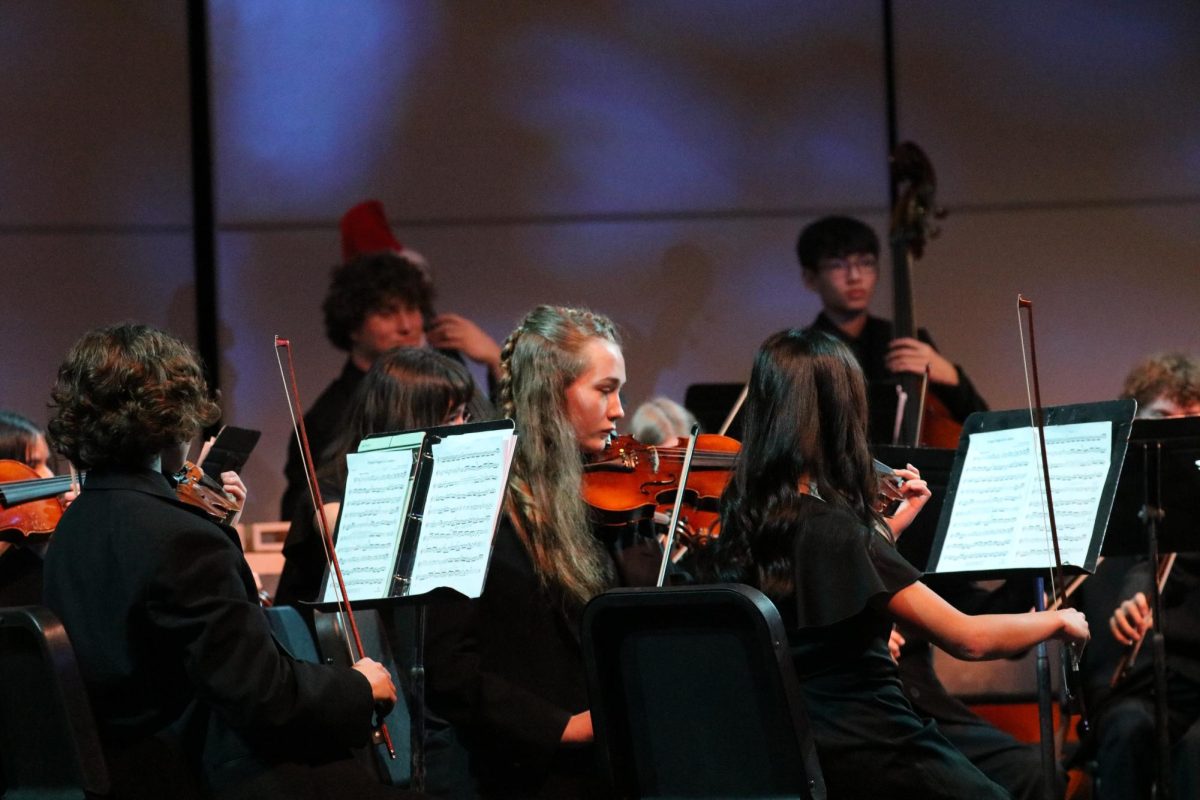
“The Ballad Of Songbirds And Snakes” is a heartbreaking prequel to the original Hunger Games trilogy. It is set in post-rebellian Panem, over 70 years before the events of the original trilogy and a decade after the first rebellion.
It follows an 18 year-old Coriolanus Snow, played by Tom Blyth, and Lucy Gray Baird played by Rachel Zegler, during the infamous 10th Hunger Games. Snow is an Academy student in Panem’s capital, coming from an old money family who had fallen from grace during Panem’s first rebellion. Baird is a tribute for the Hunger Games coming from Panem’s district 12, the poorest district, is skilled in singing and music but not combat.
Snow and his classmate are assigned the role of mentors, those who help guide their respective tributes to win. The goal is to win the allusive plynth prize, a tuition for a university that Snow’s struggling family needs in order to get him into university. He has to ensure that not only his tribute, Baird, wins but also has to turn the games into a spectacle to ensure their continuation.
Using a classic retro style combined with the futuristic elements of the Hunger Games, “The Ballad of Songbirds and Snakes” has a unique style with artistic cinematography and unique symbolism. But where the movie really shines is the acting, with a star studded cast as every actor is compelling in their own way.
Zegler and Blyth create incredibly convincing and engaging performances. Josh Andreas Rivera plays the role of Sejanus Plinth, Snow’s best friend, in an emotional and endearing performance. Peter Dinklage, who plays Casca Higbottom, and the ever iconic Viola Davis, who plays Dr. Valumia Gual, both play what are the movie’s antagonists. Dinklage plays the Academy Dean, the creator of, and strongly against the Hunger Games.
Davis plays the borderline psychotic Dr. Valumia Gual in a spine chilling performance that exudes terror from beyond the screen. There are also several surprising scene stealers, like Sofia Sanchez who plays Wovey, who despite playing minor roles, still has some of the most memorable performances of the movie.
Another strength of the movie is the music. The music in the movie is inspired by the folk songs of Appalachia, and while the songs are without a doubt good, some of the performances come off as awkward. Zegler has multiple beautiful music performances in the movie, however, some can read as out of place or even cringey to audiences who have not read the book and don’t understand the symbolism of the songs.
“The Ballad Of Songbirds and Snakes” is significantly darker than the Hunger Games movie trilogy, portraying the brutality in the books much better than the Hunger Games movies.
Although “The Ballad of Songbirds and Snakes” does arguably a poor job of portraying Snow’s superiority complex and toxic views of wealth as the movies make him seem much more empathetic than how he is presented in the books.
In the books, Snow is borderline psychotic, constantly concerned with giving the appearance of wealth and attempting to climb the capital’s social ladder no matter the cost to his friends or family. He views everyone around him as either a tool to increase his own status, insignificant and below him, or both.
However, in the movies he is much more likable, the depth of his superiority not being fully portrayed on the screen making him look not like one of the main villains of the original trilogy, one that has the blood of thousands of children on his hands, but like a misguided and reluctantly lovesick teenage boy.
Overall, “The Ballad Of Songbirds and Snakes” is a dark, interesting, and compelling movie that is definitely worth the watch. But, it misses some elements of the books in key ways that arguably distort the theme and some messages of the book.
Rating: 8/10


![Reaching out. Christopher Lesh, student at Central Catholic High School, serves ice cream during the event on March 2, 2025, at the Portland waterfront. Central Catholic was just one of the schools that sent student volunteers out to cook, prepare, dish, and serve food. Interact club’s co-president Rachel Gerber, junior, plated the food during the event. “I like how direct the contact is,” Gerber said. “You’re there [and] you’re just doing something good. It’s simple, it’s easy, you can feel good about it.”](https://wlhsnow.com/wp-content/uploads/2025/03/interact-1-edited-1200x744.jpg)





























































![At the bottom of the third inning, the Lions are still scoreless. Rowe stands at home plate, preparing to bat, while Vandenbrink stands off to the side as the next batter up. Despite having the bases loaded, the team was unable to score any runs. “It’s just the beginning of the season. We’re just going to be playing out best by June, [and] that’s where champions are,” Rowe said.](https://wlhsnow.com/wp-content/uploads/2024/03/IMG_3077-1200x900.jpg)





















































